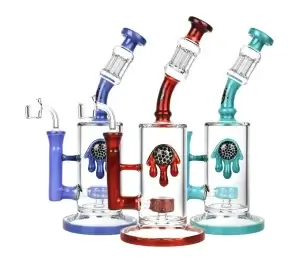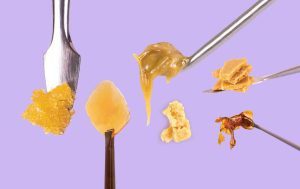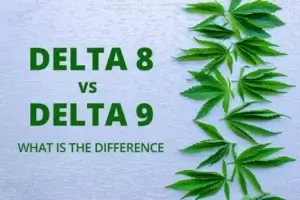Definition
Cannabis used for personal enjoyment or leisure rather than for medical purposes.
Purpose and Usage
Recreational cannabis is significant as it represents a growing cultural and legal shift toward accepting cannabis as a legitimate substance for adult use. It is typically consumed in social settings, private homes, or designated areas where laws permit. Understanding this term helps distinguish between cannabis intended for personal enjoyment versus cannabis used to address medical conditions.
How It Relates to Cannabis
- Refers to cannabis legally purchased and consumed for non-medical purposes.
- Often regulated by government agencies to ensure safety, potency, and quality standards.
- Available in various forms, including dried flower, edibles, oils, tinctures, and concentrates.
- Usually subject to age restrictions (e.g., 21+ in most regions).
- Does not require a medical prescription or recommendation.
Common Misconceptions
- Recreational equals illegal: While recreational cannabis is legal in many places, some assume it remains illegal everywhere.
- No health benefits: Recreational use can still provide stress relief or relaxation, though not classified as medical use.
- Lack of regulation: Many believe recreational cannabis is unregulated, but strict rules often govern its production and sale.
Alternatives
- Adult-use cannabis: Another term used to emphasize age restrictions and distinguish from medical cannabis.
- Non-medical cannabis: A technical term focusing on the purpose rather than the user.
Importance of Recreational Cannabis
Recreational cannabis plays a vital role in the evolving perception and legalization of cannabis worldwide. It supports economic growth through regulated markets, fosters social acceptance, and provides consumers with a safe and legal option for enjoying cannabis without medical justification. Understanding this term helps navigate discussions about cannabis policy, industry, and culture.








